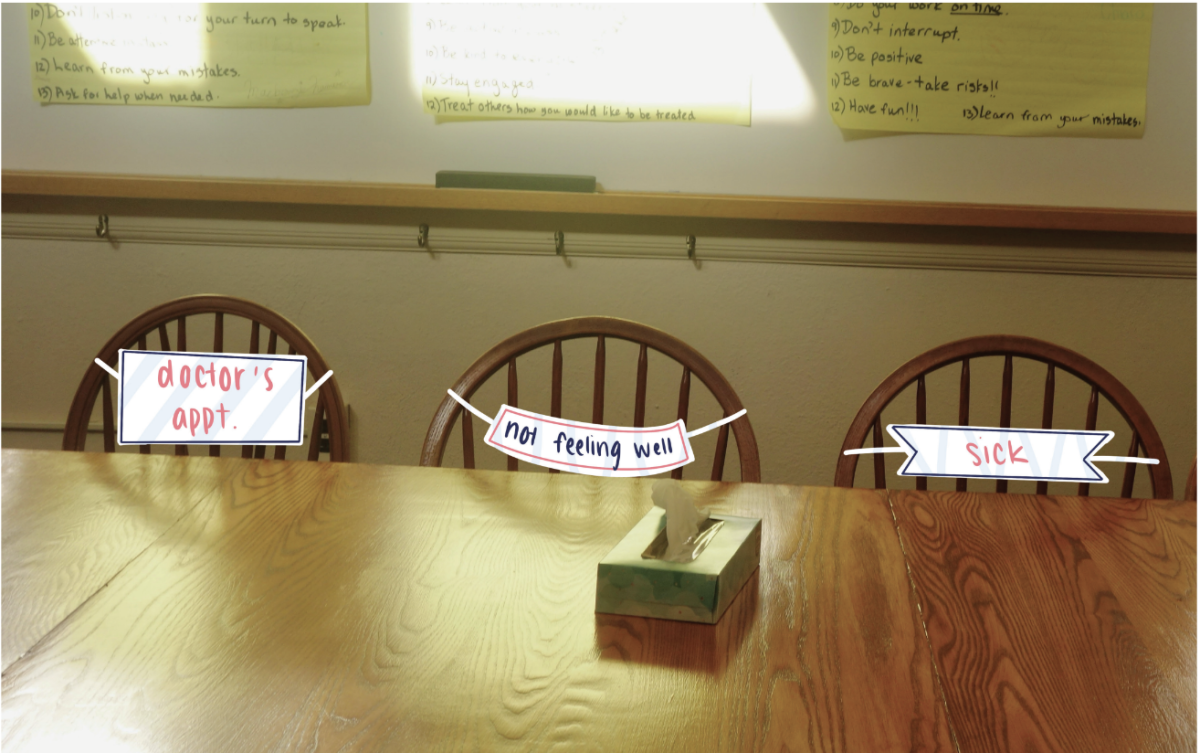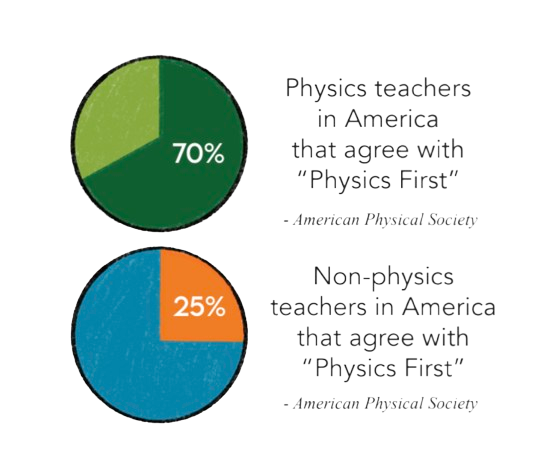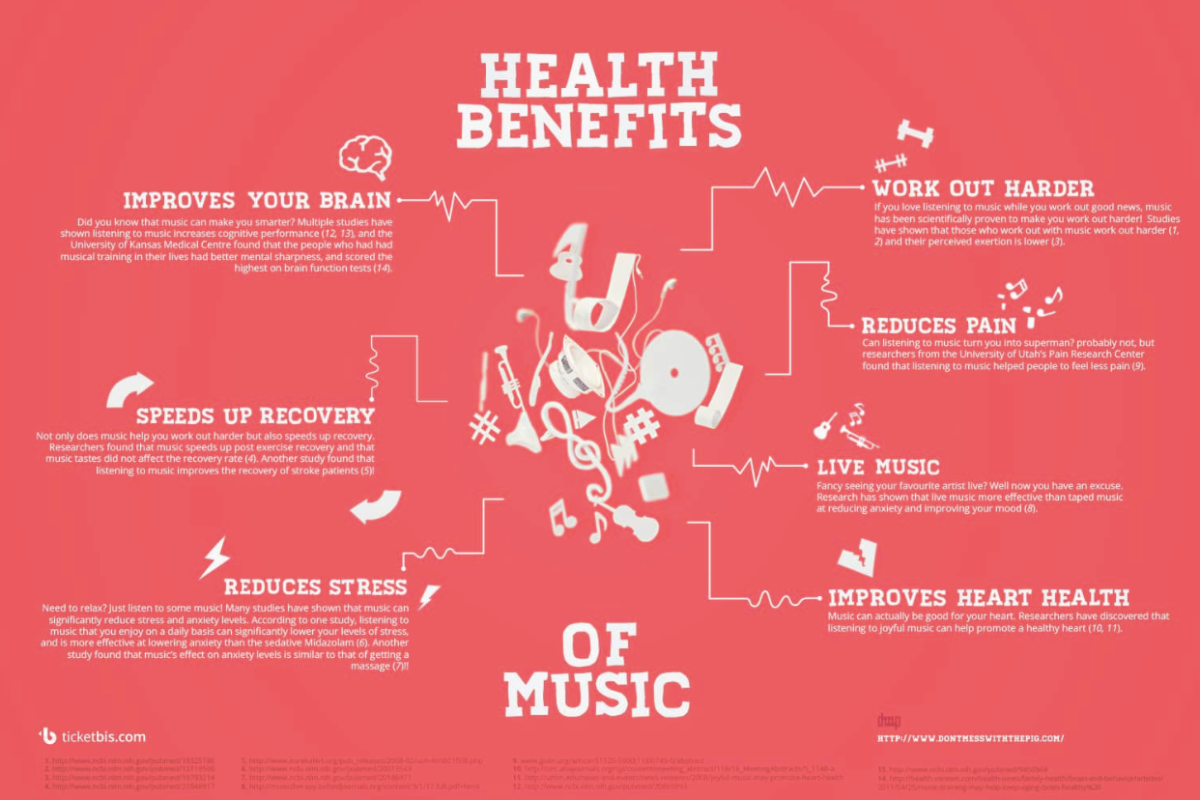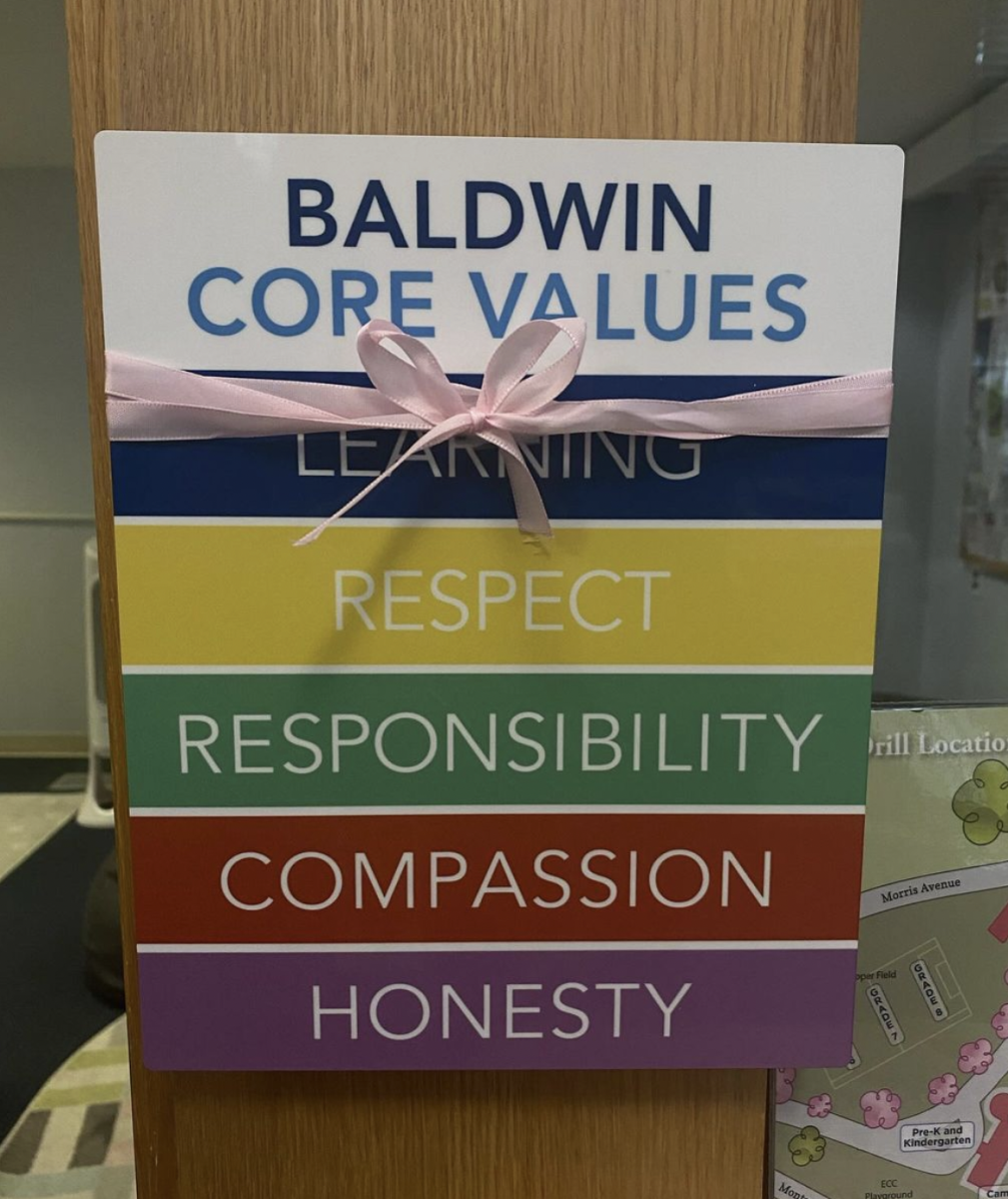Students from The Baldwin School are often seen with earphones or headphones while scribbling notes and preparing for quizzes and tests. To investigate if listening to music might help students focus on their schoolwork, a survey was sent to the Upper School with 71 responses.
Among respondents, 96% said they believe that music helps with doing homework. Approximately 52% believe that listening to music helps with studying.
The above results are consistent with various scientific studies. Researched by behaviorists and psychologists, a 1933 study produced data that is now known as the Mozart Effect. Participants were required to complete a task that measured spatial abilities. Some listened to a Mozart sonata before the task, while others did not listen to any music. Participants who listened to Mozart outperformed the other group.
A 2010 study by Janina A. M. Lehmann and Tina Seufert found that background music improves mood. In turn, studies from 2017 have found that mood influences learning. In 2014, another study also showed that listening to music helped older adults perform better on memory and processing tasks.
On the other hand, some researchers believe that listening to music and studying at the same time is a fallacy because attention is a limited resource. In 2011, researchers from Toronto and Macquarie Park, Australia found that fast and loud music disrupts reading comprehension. Other researchers reason that people do a better job of recalling information in the same conditions in which they learn the material; if students take tests without listening to the same music they learned or studied it with, it is harder to recall information.
With regards to music, some have found that familiar music helps with memory recall. 60% of student respondents said they believe that pop music specifically is helpful for doing schoolwork.
According to Baddeley’s Working Model of Memory, though, lyrics are auditive texts that burden the phonological loop, leading to a larger decrease in learning performance compared to an instrumental song.
The importance of research related to music and studying is that it can provide insight on how to improve non-academic performances. Furthermore, music has proven to be effective in other areas, such as boosting exercise results, and helping with pain reduction, according to Johns Hopkins Medicine. In correlation with this research, nine out of ten Baldwin students said they believe that listening to music helps with exercising and improving mood.
Some research has also proven that music can be effective in promoting sleep. According to Sleep Doctor, the type of music that is playing has a drastic effect on sleep. For example, it is best to avoid songs with complex lyrics, strong beats, or those that invoke a strong emotional reaction.
Music is universal, whether heard in the car during a morning drive to school, in the chirping of songbirds outside classroom windows, or in the gym. Reconsidering the effect of different types of music on doing schoolwork might aid students in finding more effective ways to study and complete work.






























